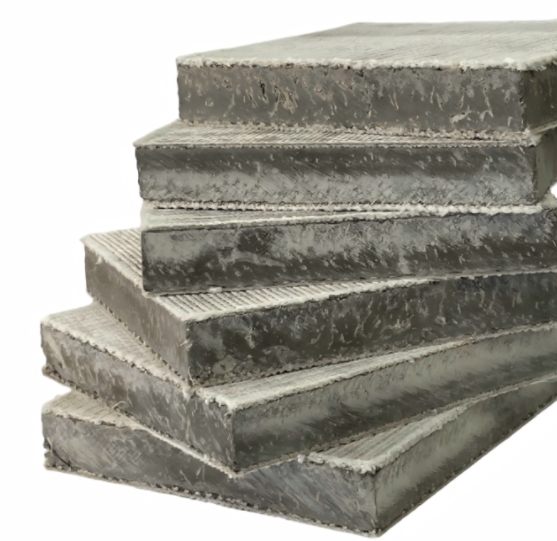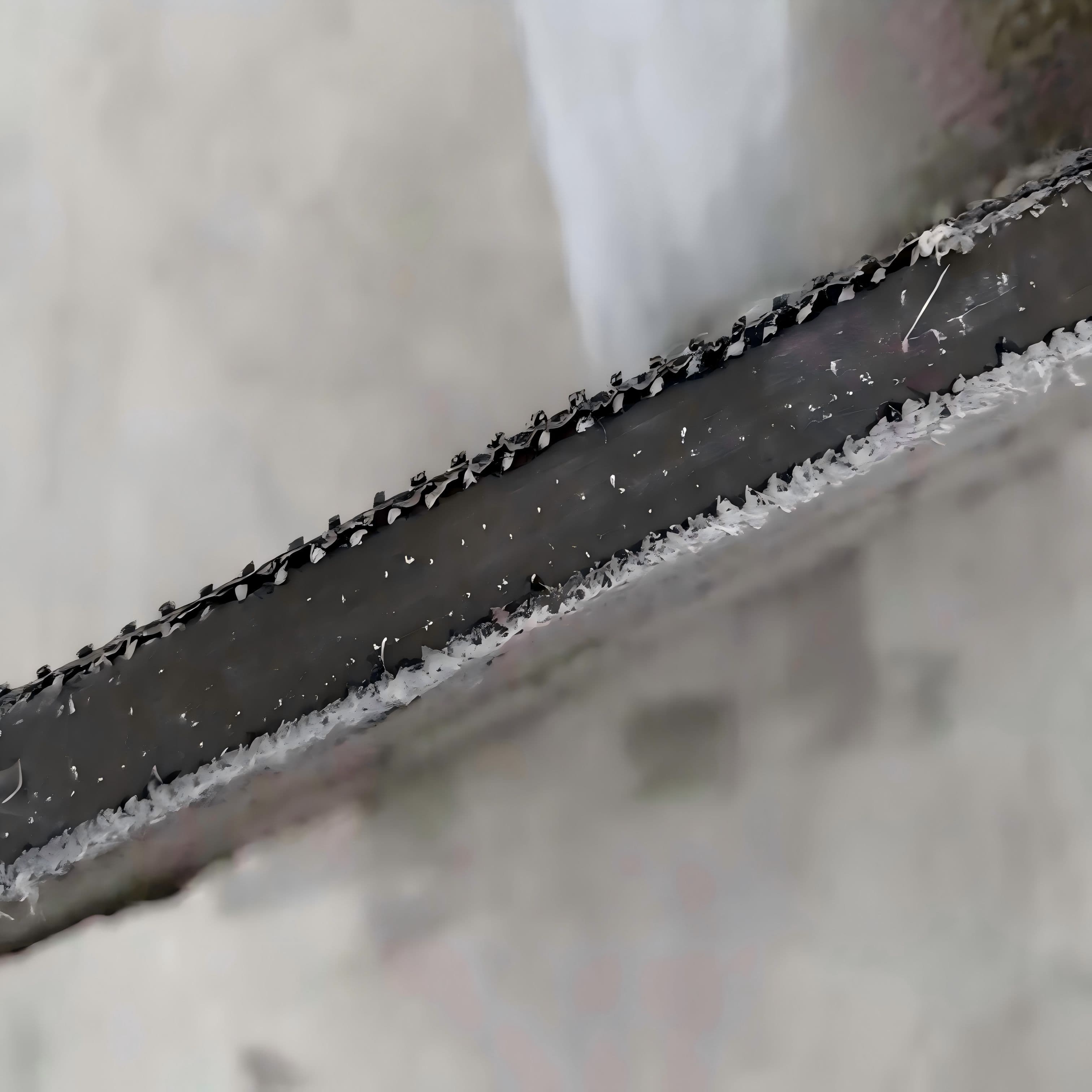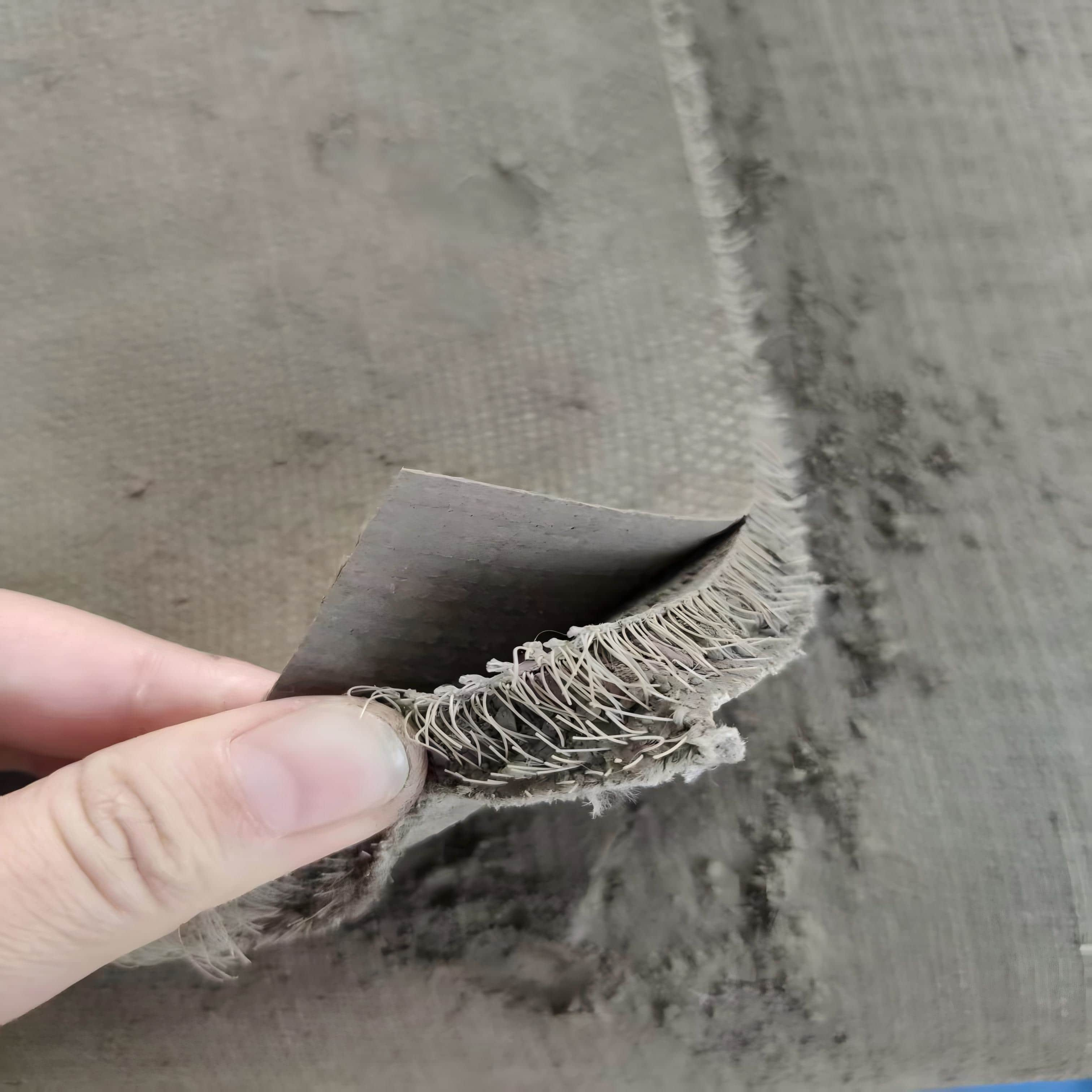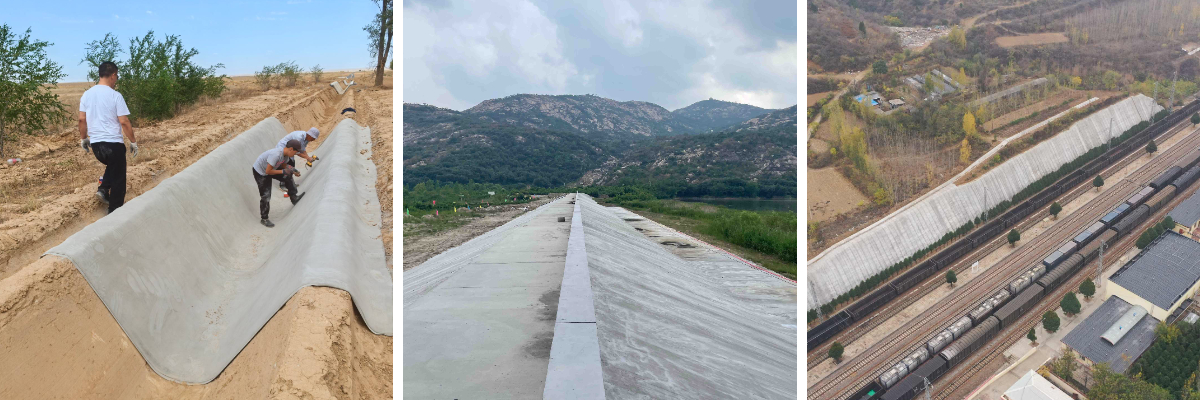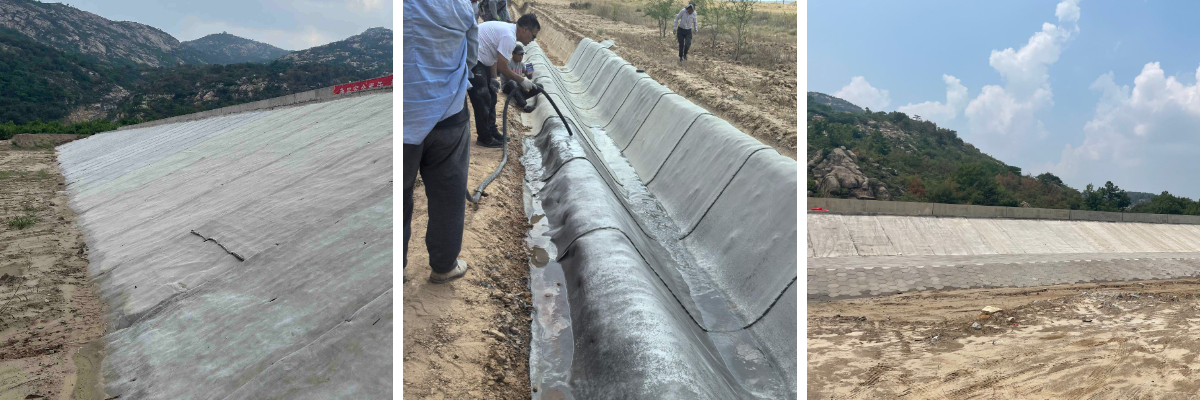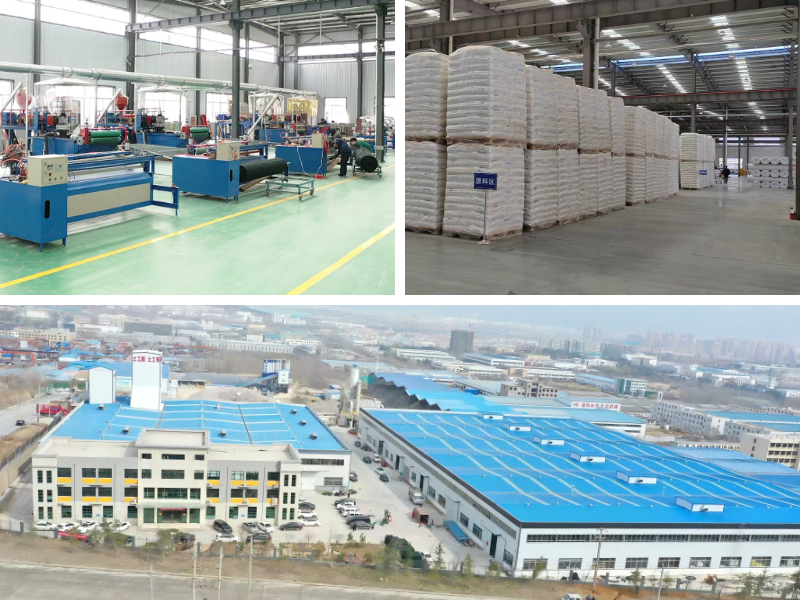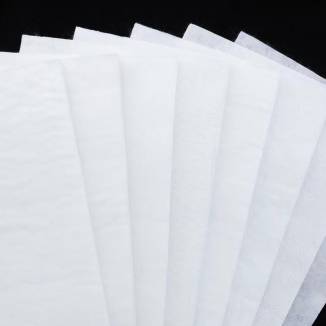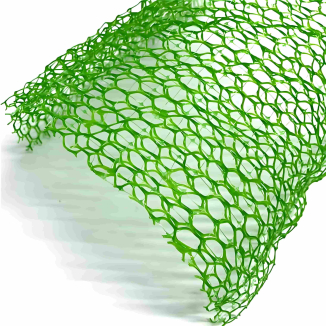Flexible Concrete Blanket
1.Rapid Deployment
Simply hydrate after unrolling, achieves C20 strength in 24 hours, reducing project timelines by 90%
2.Formwork-Free Installation
Eliminates mixing and formwork requirements, cutting labor and equipment costs
3.Superior Conformability
Seamlessly adapts to irregular surfaces and complex geometries including pipe encasements
4.Exceptional Durability
UV-resistant and chemically inert for long-term performance
5.Cost-Efficient Solution
Delivers 30-50% overall cost savings compared to conventional concrete methods
Product Introduction:
Flexible Concrete Blanket is a flexible fabric impregnated with cement. It hardens into a thin yet durable concrete layer with waterproof and fireproof properties after undergoing a hydration reaction when exposed to water. Its core feature lies in the composite of cement and fiber materials, forming a rollable and easy-to-construct flexible sheet. After hardening, it combines the strength of concrete with waterproof and fireproof performance, being widely applied in engineering fields such as water conservancy, transportation, and agriculture.
Structural Composition
Water-absorbing Protective Layer: It can quickly absorb water, providing the necessary conditions for the hydration reaction of cement. At the same time, it plays a role in protecting the internal structure to a certain extent.
Concrete Filling Layer: It contains a dry concrete mixture with a special formula and is the key part for the cement blanket to develop strength after hardening. It may also include a reinforcing layer to improve the overall strength and crack resistance.
Moisture Retention Layer: Generally made of materials such as polyvinyl chloride (PVC), it is covered on the bottom surface. It can prevent the rapid loss of moisture, ensure the full progress of the cement hydration reaction, and at the same time play a role in waterproofing and moisture-proofing.
Fiber Skeleton: It adopts a three-dimensional fiber composite structure formed by needle punching or stitching geotextile and woven fabric. For example, the skeleton woven from polyethylene and polypropylene filaments provides flexibility and certain strength to the cement blanket, enabling the cement blanket to be curled, cut, and laid like cloth.
Product Parameters:
| Property | State | 8mm | 10mm | 12mm | 15mm | Test Method | |
| Compressive strength(MPa) | cured 28 days | 60 MPa | D8329 | ||||
| Flexural strength(MPa) | cured 28 days | 15 MPa | D8058 | ||||
| Pyramid puncture(kN) | cured 28 days | 4.0 kN | 4.5 kN | 5.0 kN | 6.0 kN | D5494,Type B | |
| Abrasion (maximum value) | cured 28 days | 0.3 mm/1000 cycles | C1353/C1353M | ||||
| Tensile strength | Final | uncured | 20 kN/m | 30 kN/m | 35 kN/m | 40 kN/m | D6768/D6768M |
| Initial | cured 28 days | 15 kN/m | 25 kN/m | 30 kN/m | 35 kN/m | D4885 | |
| Final | 25 kN/m | 35 kN/m | 40 kN/m | 45 kN/m | |||
| Freeze-thaw | Residual initial flexural strenath(D8058) | cured 28 days, 200 cycles | >80 % (Pass) | C1185 | |||
| Water quality requirements for hydration | Tap water、River water、Seawater | / | |||||
| Construction temperature conditions | Construction above 0℃ | ||||||
| Fire protecting performance | B1 | GB 8624-2012 | |||||
| Harmful substance leaching test items | Limitation index (mg/L) | GB 5085.3-2007 | |||||
| Copper (total copper) (mg/L) | ≤100 | ||||||
| Zinc (total zinc) (mg/L) | ≤100 | ||||||
| Cadmium (total) (mg/L) | ≤1 | ||||||
| Lead (total lead) (mg/L) | ≤5 | ||||||
| Total chromium (mg/L) | ≤15 | ||||||
| Nickel (total nickel) | ≤5 | ||||||
| Arsenic (total) | ≤5 | ||||||
Product Applications:
Water conservancy projects: Used for river dam protection, water ditch and canal protection, etc. to prevent the scouring of the water flow on the dams and channels, effectively protect the safety of water conservancy facilities, and at the same time play a role in anti-seepage, reducing the leakage loss of water resources.
Emergency Rescue and Temporary Buildings: In emergency situations such as earthquakes and floods, the cement blanket can be quickly laid to provide the ground or walls of temporary shelters for affected people. It can also be used to build emergency roads, temporary dams, etc., quickly meeting the needs of rescue and reconstruction.
Road and Traffic Engineering: It can be used for road slope reinforcement to prevent slope collapse and soil erosion, and improve the stability of roads. It is also suitable for the laying of temporary roads, quickly forming a solid road surface to meet emergency traffic needs.
Building Waterproofing Project: As a waterproof membrane for roofs and basements, it is easy to construct and has a long-lasting effect. It can effectively prevent the penetration of rainwater and groundwater, protecting the internal structure of the building from water erosion.
Landscape and Environmental Protection Projects: For example, it is applied in projects such as artificial lake and fishpond slope protection. It can not only protect the stability of the slope surface, but also integrate with the natural environment, playing a role in beautifying the environment. It can also be used to prevent soil erosion and protect the ecological environment.
Concrete blankets have the core advantages of "fast, flexible, and versatile", filling the application gaps of traditional concrete in emergency rescue, complex terrains, and small - scale projects. However, they cannot replace the role of traditional concrete in large - scale structural projects. The two need to be selected complementarily according to project requirements (such as strength, construction period, and terrain), jointly serving the construction and infrastructure fields.


